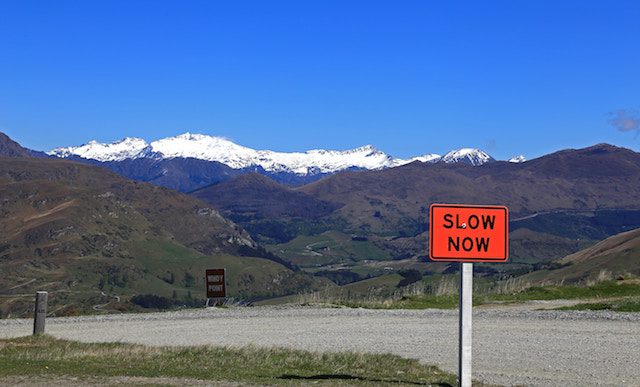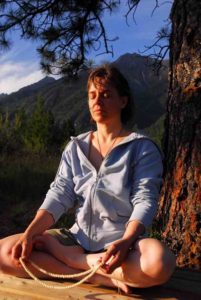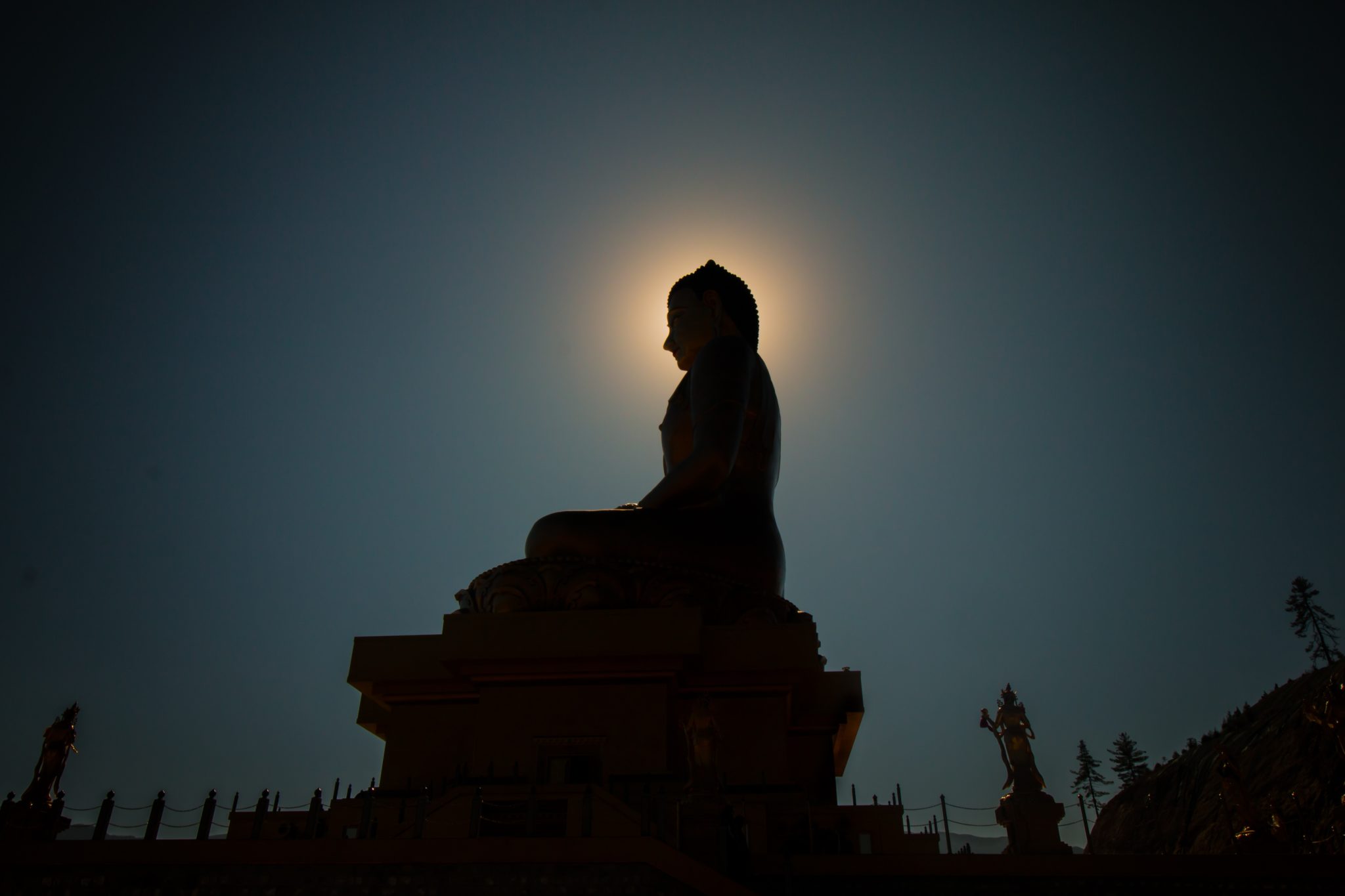What’s the best meditation retreat in North America, or the world? Asking Google this question is one way to find a good meditation retreat center, perhaps, if you don’t already know a teacher or retreat place you like. After all, we should want the best for ourselves and others.
Isn’t the best meditation retreat one where you’re able to focus on your meditation without any added distractions? (Your mind will give you plenty of opportunity to be distracted, for sure, and you don’t want to add fuel!). So, a good retreat or retreat space is simply one that’s conducive to meditation practice, supporting you enough to let you get on with the work.
What kind of meditator are you?
As with anything, though, if you interview two people after any retreat you’ll get two different answers. Aside from having individual preferences like mattress firmness, or kinds or amounts of food, one person might be doing their first retreat, and the other their tenth or twentieth. Once your basic needs are met, then, what else do you need to help you just stay focused on the practice?
Some people who come here are good to meditate many hours a day and we just need to feed them. For others, 18 hours or so a day of unstructured time is an invitation for the monkey mind to go wild. There’s also the physical reality that they might not be able to sit for more than a few hours a day. We often hear from people, for example, who tried a 10-day vipassana retreat and it didn’t work out because they weren’t ready for that. For some people to have a successful retreat, then, we’ve discovered they need more structure, less formal meditation time, and some mindful physical activity.
This is how we came to offer our Practice and Integrate cabin retreat. Take a look here if you want to know more about that.
Why a Minimum of Three Nights?
If you’re wondering why we require a three-night minimum to book a retreat in our cabins, it’s to honor the process of retreat time. Three nights is still a very short retreat, but it does allow for the possibility of something magical to happen between arriving, settling in, and the “I’m leaving soon” thoughts.
It takes a while to disentangle and let go of the busyness of daily life, to extricate yourself from family, friends and job. In a longer retreat, this period might be considered the first few days or even a week.
Yet, if three or four nights is what you can manage for now, how can you make the best out of your short stay in a cabin?
Setting up for success
by Maureen Smith
1) Take this gift to yourself seriously and communicate the same to people you know

Let everyone know that you’ll be out of touch for this period. Maybe add an extra day to the date you say, so you have buffer time if you want it. You can always reach out earlier if you want to, but with a buffer day curious friends won’t be texting before you’re ready. Even though it’s a short stay, then, if you’ll worry about people contacting you then change your voicemail message and set a vacation responder on your email.
Then you can really put those thoughts to bed and not let them take your mind off the present moment. And remind yourself that nothing earth-shattering is going to happen in the three to five days you’re unplugged.
2) You’ve arrived!
You’re nervous, excited, geared up, and ready to dive into your practice. While in this state, train yourself to do first things first. Most of us are moving quickly in our daily lives with a lot of stimulation coming at us. In fact, you might not even realize how fast your life moves and how much stimulation is being injected into you until you come out to Clear Sky, unpack, and stand in the cabin enjoying the spectacular view.
The first day and night allows you to disentangle and let go, to catch up on rest and begin to relax. You begin to calm down and observe the external and internal environment. If you’ve prepared yourself well, your mind begins to leave the routines of daily life and starts to recharge.
This is the time for rest. Sure, sleeping is perhaps not what you came for. You can get down to practice soon, but first let yourself unwind, rest, sleep, soak in nature, and breathe. Just breathe and let the system rejuvenate on its own timeline. Surrender to the wisdom of the body. Let the muscles and brain relax. Rest, right here, right now. There is nothing else for you to do.
Also use this time to unpack, rather than leave your things in your bag. That’s a message to your unconscious that you’re here. Set up the cabin space in a way that will be most supportive and conducive to practice. Take one thing at a time, generate active awareness of going into retreat and nurturing yourself.
3) Now you’re ready to practice

With an opening mind and a softening heart you start to notice where you are. The sounds, for example, and how they change throughout the day and night. The light, the air, the smells. The sights and the tastes. Noticing your environment. Just for now, for this short period of time, you are being held by nature. You can let go.
Supported and strengthened by the external, allow the mind to go inwards. With curiosity and investigation present, you are now prepared to begin the work you came for. When rested, the mind naturally turns to investigation and curiosity with space, flow, and luminosity, enquiring where am I and what is going on?
With wholesome preparations and good old plain-jane time, we have the supporting circumstances we need in order to retreat. This is the window of opportunity to engage fully in your practice. You’re ready to dive in as deeply as you want. Before you know it, the mind will start to turn to leaving, returning home, and picking up the activities of daily life. But before that happens, fully embrace this precious opportunity to completely engage in your spiritual practice.
May it benefit all beings
Life is short, time moves fast. The Burning House parable illustrates that it is wise to leave a burning house. Engaging in three or more days of retreat helps us to see that our house is burning. We are suffering, in other words, and we owe it to ourselves and those around us to get wise, and get to work for the benefit of all beings.


